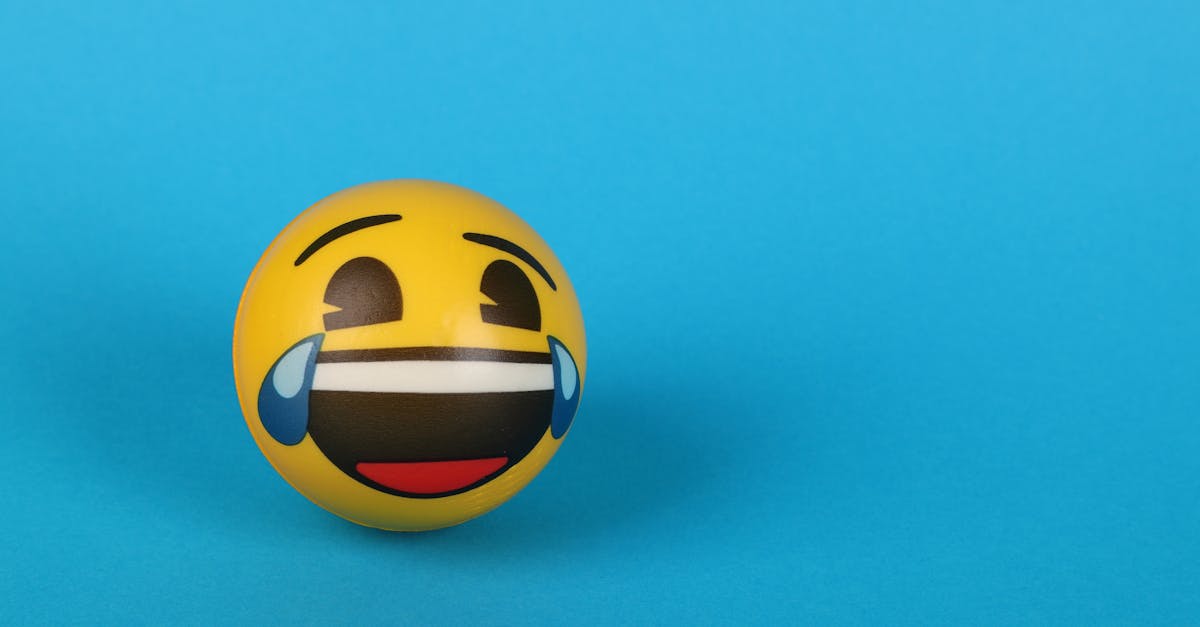
Introduction
Memes have transformed from mere internet jokes to cultural phenomena that significantly impact pop culture. In the digital age, these humorous images and videos spread at lightning speed, reaching audiences globally. This article explores how meme culture influences society's collective consciousness.
The Evolution of Memes
Originally coined by Richard Dawkins in 1976, 'meme' referred to an idea or behavior that spreads within a culture. Today, memes typically involve humorous images, videos, or phrases shared extensively online. They have evolved to encapsulate diverse content, from political satire to harmless fun.
Memes as a Reflection of Society
Memes often mirror societal issues and sentiments, acting as a digital barometer of public opinion. They're used to comment on politics, social justice, and even global crises. For instance, memes during the COVID-19 pandemic highlighted collective struggles, providing a sense of shared experience.
Viral Sensations
Memes have the remarkable ability to go viral, spreading across platforms like Twitter, Reddit, and Instagram. Their rapid dissemination makes them powerful tools for cultural commentary. Sometimes, a single meme can influence public discourse or propel someone into instant internet stardom.
Impact on Pop Culture
Meme culture heavily influences pop culture, driving trends in music, fashion, and entertainment. Memes often serve as inspiration for songs, TV shows, and movies. Catchphrases born from memes, such as "on fleek," quickly penetrate mainstream lexicon, demonstrating their pervasive reach.
Memes and Marketing
Corporations leverage meme culture in marketing strategies to tap into diverse demographics. Brands create and share memes to engage consumers and appear relatable on social media. This approach can humanize brands and foster authenticity, although it carries the risk of seeming insincere if mishandled.
Creating Digital Communities
Memes help construct digital communities, bringing together individuals with shared interests or humor. Platforms like 4chan and MemeHub host thousands of niche meme groups. These communities foster camaraderie and provide spaces for users to express creativity and push cultural boundaries.
The Economy of Memes
A unique economy exists around memes, where creators monetize viral content through merchandise or paid partnerships. Platforms like YouTube and Patreon enable meme creators to earn from their popularity. Thus, memes have transformed from simple jokes to a viable form of livelihood for some.
Critiques and Controversies
Despite their popularity, memes face criticism for perpetuating stereotypes or spreading misinformation. The rapid spread of some memes can unintentionally reinforce harmful narratives. Additionally, not everyone appreciates meme humor, leading to debates over cultural sensitivity and appropriation.
Conclusion
In summary, meme culture wields significant power in shaping pop culture, influencing everything from public opinion to media trends. By reflecting societal views and driving creativity, memes have become indispensable to the digital age. As we navigate this meme-driven world, understanding their influence helps harness their potential effectively.